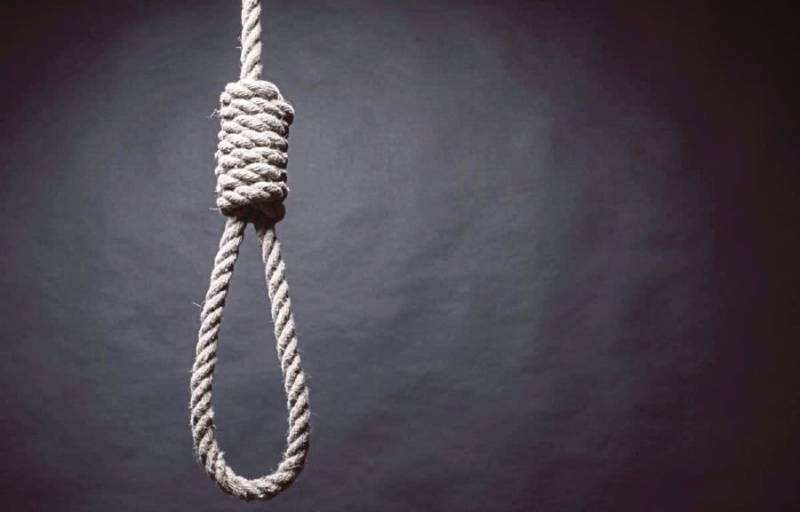On September 10, a woman was gang-raped on Motorway by two criminals. Right after the incident, an age old demand has once again surfaced in the country, that of capital punishment. The masses, analysts and many political leaders have supported this demand.
There is a common believe that the capital punishment will prove to be a strict lesson for the criminals and a deterrent against future crimes. Most of Pakistanis believe that with capital punishment, the crime rate will drastically fall, as it will instill fear in society with regards to ramifications of such acts.
The supporters of this school of thought give two major examples i.e., Saudi Arabia and Iran, the two countries where execution and capital punishment is quite common.
According to the Amnesty International, Saudi Arabia executed 184 people in 2019, which is the highest number in the world. Meanwhile, Iran came into news again recently for the “hasty” execution of wrestler Navid Afkari in September. The national champion was convicted for murder during protests in the southern city of Shiraz two years ago.
Interestingly, the crime rate in Saudi Arabia has increased in last few years, especially in drug related cases. Although it is on the lower side, but it still has not been completely eradicated, as the supporters of capital punishment suggest.
According to the data by UN Office on Drugs and Crime, 17 people were executed in Saudi Arabia in 2014, and the number reached to 102 in 2015, which shows a significant increase in criminal activities in the Kingdom. Hence, it underlines that capital punishment doesn’t necessarily reduce the crime rate.
The other example that proponents of capital punishment present is the public execution of child rapist under Zia-ul-Haq regime. The dead body of the convict remained hanged throughout the day publicly in Lahore, and people believe that there was not a single such incident after that. However, the data of the Human Rights Commission of Pakistan shows that 11 such incidents happened between 1983 and 1992, involving minors as young as four years of age.
If we look at the recent past, the convict of Zainab rape case, Imran, was hanged in 2018. Still, the country saw an 11% rise in such crimes, as 3,832 cases of child abuse were registered after the hanging.
Prime Minister Imran Khan has also supported the capital punishment, saying that his government will look into the chemical castration. Although he backed the public hanging, but said the country couldn’t do it because it has GSP Plus Status.
Commenting on the issue of capital punishment, Amnesty International official Omer Warraich said, “The sexual abuse and murder of children are among the most horrific crimes, but the death penalty is not a solution. Public hangings are acts of unconscionable cruelty and have no place in a rights-respecting society.”
Moreover, former attorney general and senior lawyer Ausaf Ashraf said that there is no empirical evidence that capital punishment reduces the crime rate. “It is a sensitive matter and our lawmakers should discuss it thoroughly before legislating on it,” he said.
After the motorway rape incident, the parliament is also divided over the issue of capital punishment. Some parliamentarians including PML-N's Khawaja Asif, PTI’s Muhammad Ali supported the capital punishment. Whereas, Federal Minister of Science and Technology Fawad Chaudhry opposes it, saying, “We need to reform the justice system in a way that punishment is awarded in shortest time and there should be no reconciliation between aggrieved party and culprits.”
Data and evidence underlines that capital punishment couldn’t reduce the crime rate in the country. Experts maintain that it can further radicalize the society because it is an expression of extremist sentiments in a society. They reiterate that the instant demand of capital punishment after every horrific incident shows that most of us want extreme action with immediate results.
Motorway rape case’s main convict, Abid Malhi, who has already faced jail in another rape case, was released later. Law enforcement experts reiterate that if the police had maintained proper data, kept a close eye on his movements, or if he had faced the due course of law for his crime, the incident could’ve been prevented.






